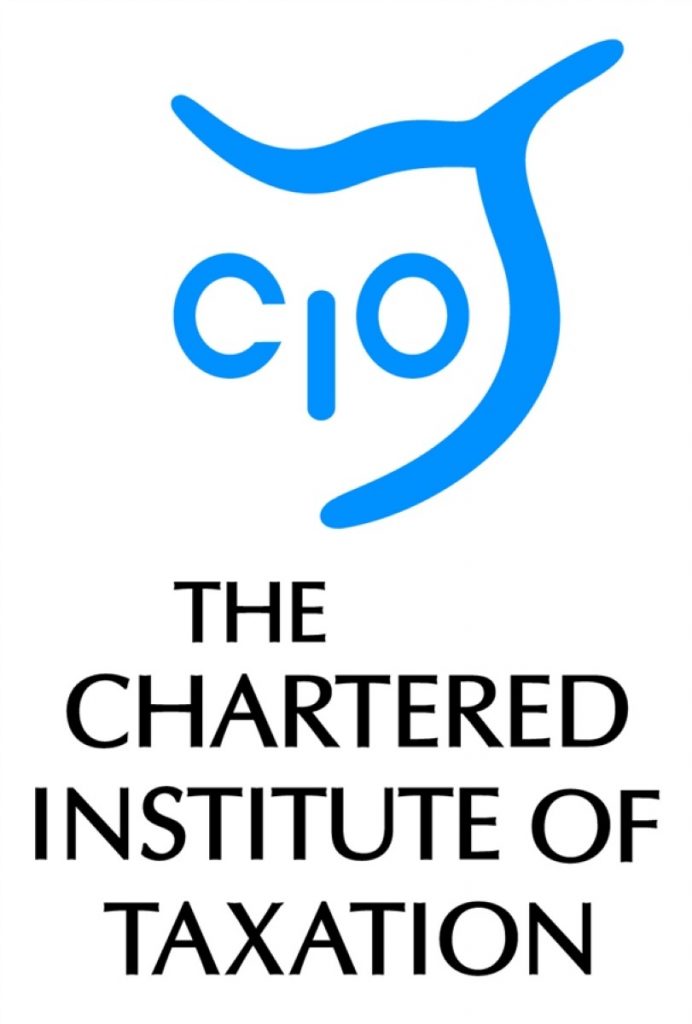CIOT: Missed the Self Assessment deadline?
The Chartered Institute of Taxation (CIOT) is highlighting that some people who have missed the deadline for submitting a Self Assessment (SA) tax return may be able to avoid a fine, if they can show that they should not have been in the SA regime in the first place.
Despite increased fines and publicity, around a million registered SA taxpayers failed to file on time this year – nearly 10 per cent of all SA taxpayers. However the percentage filing on time – 90.4 per cent – was the highest proportion of people to file on time since HMRC was created, which shows that the new penalties for late returns provisions are working in encouraging more taxpayers to file on time.
Tina Riches, Director, Technical, at the CIOT, said:
“If you have received a 2010/11 Self Assessment tax return but should not be in self assessment because you no longer meet the criteria, then even if the tax return deadline has been missed you can ask HMRC to take you out of SA and cancel any late return penalty.
“The CIOT and other professional bodies have been asking HMRC to do this for some time, and we are pleased that HMRC have now acted on this.”
The criteria for SA are set out below2.
Notes to Editors
1. HMRC’s briefing note on SA penalties states:
‘Treating people fairly
Once the 31 January deadline has passed and penalties begin to apply, we will use our utmost discretion to ensure that we are even-handed and treat people with sensitivity. We will be as supportive and flexible as the legislation allows us. We will:
· be sympathetic in exercising our discretion where people are prevented by circumstances outside their control from filing on time. In such cases, we will cancel the penalty, but the taxpayer must still file as soon as possible
· take people out of Self Assessment if they shouldn’t be in and they contact us. If they can demonstrate that they do not need to be in Self Assessment, they will no longer need to submit a return and we will cancel any penalty they have incurred.
We know that there are some people in Self Assessment who should not be. The problem is that until they contact us, either by submitting a return or by calling us, we don’t know whether they should be or not. So, after the January deadline, in both our direct letters and in our advertising, we will be inviting them to call us to give us some basic information that will help us to assess whether they should be in Self Assessment. If they shouldn’t, we will take them out and cancel any penalty they have incurred.
Anyone who thinks they should not be in Self Assessment can call us after the January deadline has passed on 0845 900 0444. Our staff will help them.’
2. You need to submit a Self-Assessment return if:
o You are self-employed (including being a member of a partnership)
o You are a company director, minister of religion, Lloyd's name or member
o You earn income above a certain level from savings, investment or property
o You're 65 and receive a reduced age-related allowance
o You have any foreign income that's liable to UK tax
o Your annual income is £100,000 or more
o You need to claim certain expenses or reliefs
o You owe tax and HMRC can't collect it through your tax code, or you prefer to pay direct
o You have Capital Gains Tax to pay
o You've lived or worked abroad or aren't domiciled in the UK
o You're a trustee
NB. This list is a summary of HMRC’s note available in full at http://www.hmrc.gov.uk/sa/need-tax-return.htm
3. The Chartered Institute of Taxation (CIOT) is a charity and the leading professional body in the United Kingdom concerned solely with taxation. The CIOT’s primary purpose is to promote education and study of the administration and practice of taxation. One of the key aims is to achieve a better, more efficient, tax system for all affected by it – taxpayers, advisers and the authorities.
The CIOT’s comments and recommendations on tax issues are made solely in order to achieve its primary purpose: it is politically neutral in its work. The CIOT will seek to draw on its members’ experience in private practice, government, commerce and industry and academia to argue and explain how public policy objectives (to the extent that these are clearly stated or can be discerned) can most effectively be achieved.
The CIOT’s 15,600 members have the practising title of ‘Chartered Tax Adviser’ and the designatory letters ‘CTA’.
George Crozier
External Relations Manager
D: +44 (0)20 7340 0569
M: +44 (0)7740 477374
The Chartered Institute of Taxation
Registered charity number 1037771
www.tax.org.uk
The Association of Taxation Technicians
Registered charity number 803480
Registered company number 2418331
VAT Registration Number 497 5390 90
www.att.org.uk
Low Incomes Tax Reform Group – an initiative of the Chartered Institute of Taxation
www.litrg.org.uk
1st Floor, Artillery House, 11-19 Artillery Row, London SW1P 1RT





-01.png)